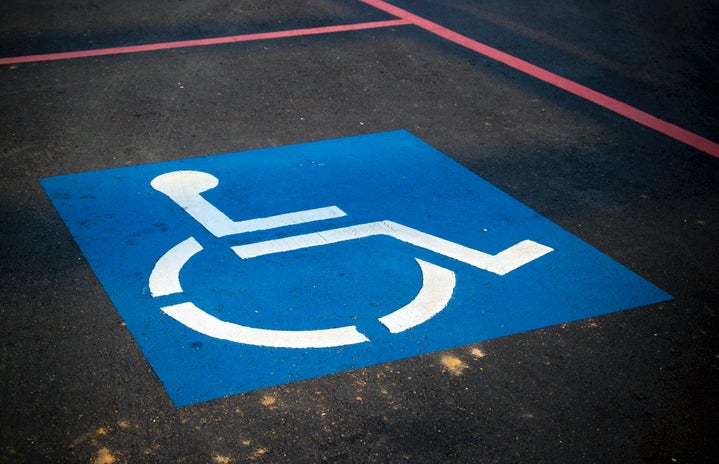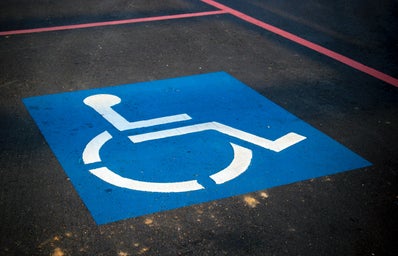“You can’t say anything anymore these days” is something you might hear especially older people say quite frequently. By that they mean that before, it was generally okay to use racist, sexist, homophobic and ableist language. Now that it is not anymore, some people feel like their freedom of speech is being taken away. I can sort of understand the argument that you should be able to say what you want but why on earth would you even want to use degrading and mean language about marginalized groups when there are much more neutral words you could use instead? And some words just have a history of being used as a slur, which is why people outside of that group probably should not use them since it may come across as being really offensive. However, it is great if the marginalized group in question is able to claim the word and start using it in an empowering sense.
Using the correct terms can also be really difficult. Many people who use offensive language do not mean to be offensive but just genuinely do not know which terms to use. Some just require a little bit of research; if you use the Internet, it is not very hard to notice that you are not supposed to use the n-word as a non-black person or the r-word ever, for example. However, some terms are a bit more complicated. A good example of this is disability-related terms. I’ve done a fair bit of research on them but they still confuse me somewhat. Are they disabled people, special needs people, handicapped people or differently abled people? Or should I use person-first language and say people with disabilities instead?
There are some great videos made on this topic by disabled people, which I’m going to link below. As you noticed, I have decided to generally use the term disabled people since that is the one I have heard most arguments for and least arguments against. To my understanding, many people really dislike being called differently abled since that is somewhat ableist. However, I have also heard a disabled person refer to themselves using that term. Handicapped is also somewhat disliked in the disability community but then again, some people might prefer that term.
The person-first versus identity-first debate is a whole different thing. Identity-first language is when you say the name of the identity first, so for example disabled people. Person-first language would be saying people/persons with disabilities. Disabled people really seem to have different opinions on which one they prefer. Some people say that you should use person-first language since the person is so much more than their disability and the disability they have is just one attribute amongst all others. The people who prefer disability-first language argue that their disability is an important part of them and it is not something that they are ashamed of but rather want the world to see.
Like I said, there isn’t really one term that everyone prefers. Everyone has the right to define themselves in whatever terms they want and no one on the outside should have any say in that. What do you call a disabled person, then? Well, my advice would be to ask the person themselves what kind of language they prefer and then refer to them in that matter. It’s as simple as that.


